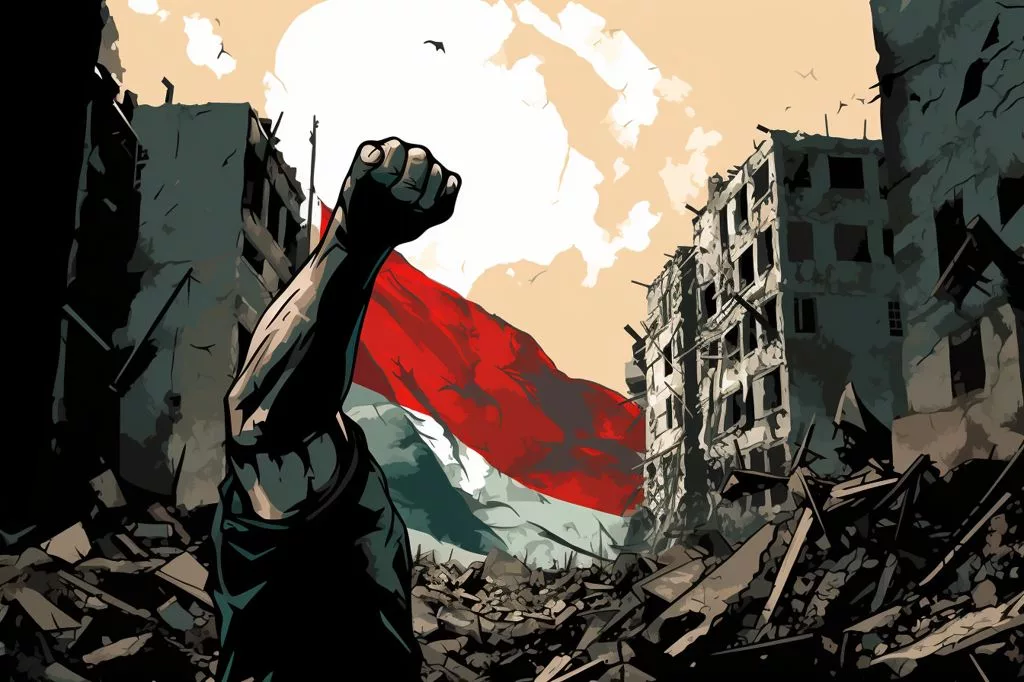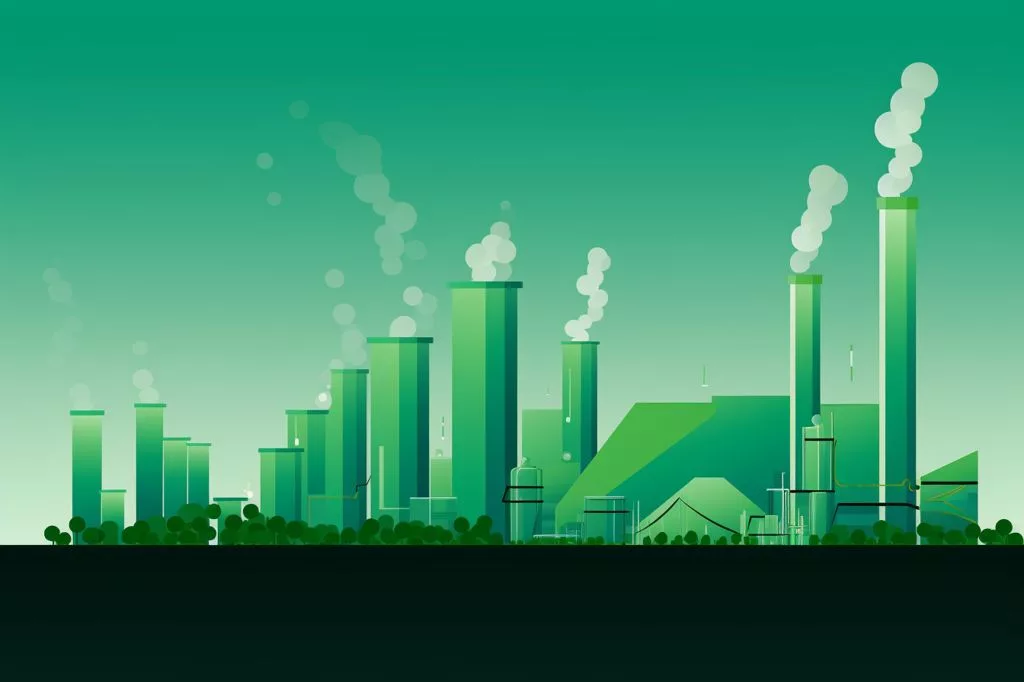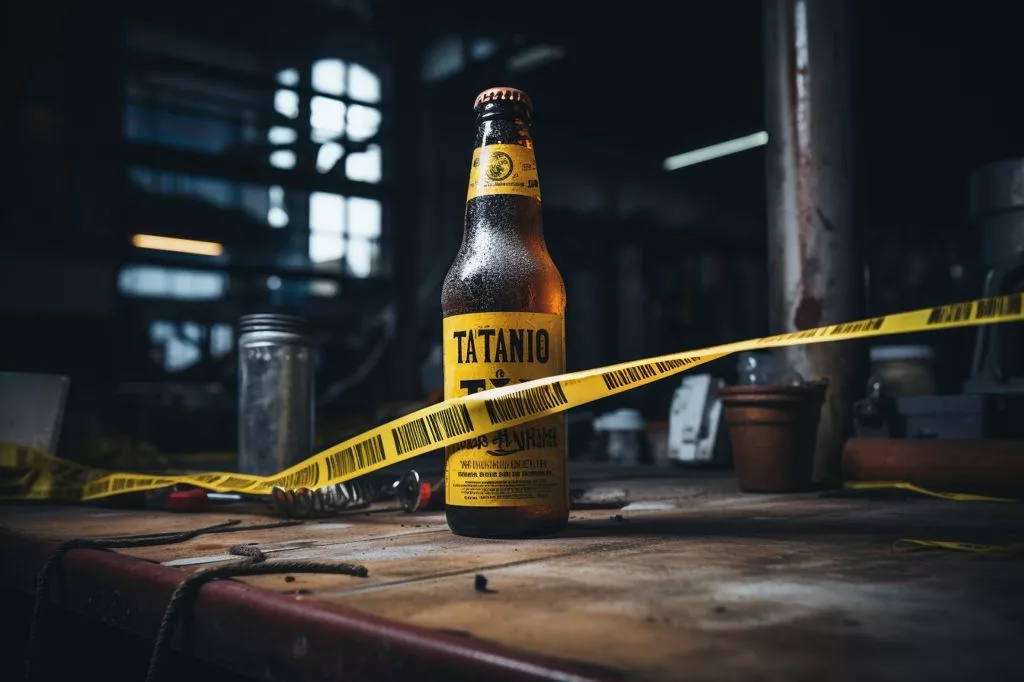Julius Malema’s statement comparing Hamas to South African liberation heroes has caused controversy and outrage. Malema’s call for Hamas to “shoot to kill” has drawn attention from the South African Jewish Board of Deputies. In addition, Malema’s party has announced plans to remove the Israeli embassy from South Africa if elected. As tensions continue to escalate between Israel and Palestine, Malema’s remarks serve as a reminder of the power of political rhetoric in shaping public opinion and influencing political discourse.
The recent statement made by Julius Malema, the leader of South Africa’s Economic Freedom Fighters (EFF), comparing the Palestinian group Hamas to anti-apartheid activists such as Nelson Mandela and Oliver Tambo has sparked controversy and outrage. Malema’s call for Hamas to “shoot to kill” has also drawn attention from the South African Jewish Board of Deputies.
Solidarity with the Palestinian People
In support of the Palestinian people, Malema’s party held a picket at the Israeli Embassy in Pretoria on October 23, 2023. During his speech, Malema urged Hamas to fight against the Israeli occupation in the same way as South African liberation heroes.
Comparison Sparks Strong Reactions
Malema’s remarks caused strong reactions from the Jewish Board of Deputies, who labeled him “a man full of hate.” Additionally, the board accused him of causing division and misunderstanding among South Africans. The National Chairperson of the Jewish Board, Prof Karen Milner, expressed disagreement with Malema’s interpretation, stating that there was no evidence suggesting that South African freedom fighters used tactics similar to those employed by Hamas.
Malema’s Party Vows to Remove Israeli Embassy
In addition to supporting Hamas, Malema announced that his party would remove the Israeli embassy from South Africa if elected. This statement echoed a previous call by ANC deputy secretary-general Nomvula Mokonyane, who demanded the closure of the Israeli embassy during an ANC protest.
Tensions Escalate between Israel and Palestine
The conflict between Israel and Palestine continues to escalate, with Israel launching over 300 strikes on the Gaza region within a 24-hour period. The Hamas-run health ministry in Gaza reports more than 4,650 casualties, with approximately 40% of them being children. The ongoing conflict has resulted in the devastation of crucial infrastructure, resources, and the displacement of over a million people.
The Power of Political Rhetoric
Malema’s statement has garnered significant attention while highlighting the complexities of the Israeli-Palestinian conflict and the differing opinions surrounding it. As the situation in Gaza continues to deteriorate, the role of political leaders in fostering understanding and promoting peace becomes ever more crucial. The controversy surrounding Malema’s comparison of Hamas to anti-apartheid activists serves as a reminder of the power of rhetoric in shaping public opinion and influencing political discourse.
What did Julius Malema compare Hamas to?
Julius Malema compared Hamas to anti-apartheid activists such as Nelson Mandela and Oliver Tambo.
How did the Jewish Board of Deputies react to Malema’s statement?
The Jewish Board of Deputies labeled Malema “a man full of hate” and accused him of causing division and misunderstanding among South Africans.
What did Malema’s party announce they would do if elected?
Malema’s party announced plans to remove the Israeli embassy from South Africa if elected.
What is the current situation between Israel and Palestine?
The conflict between Israel and Palestine continues to escalate, with over 300 strikes launched by Israel on Gaza within a 24-hour period. The ongoing conflict has resulted in the devastation of crucial infrastructure, resources, and the displacement of over a million people.
What does the controversy surrounding Malema’s comparison of Hamas serve as a reminder of?
The controversy surrounding Malema’s comparison of Hamas to anti-apartheid activists serves as a reminder of the power of political rhetoric in shaping public opinion and influencing political discourse, especially in the context of the Israeli-Palestinian conflict.








